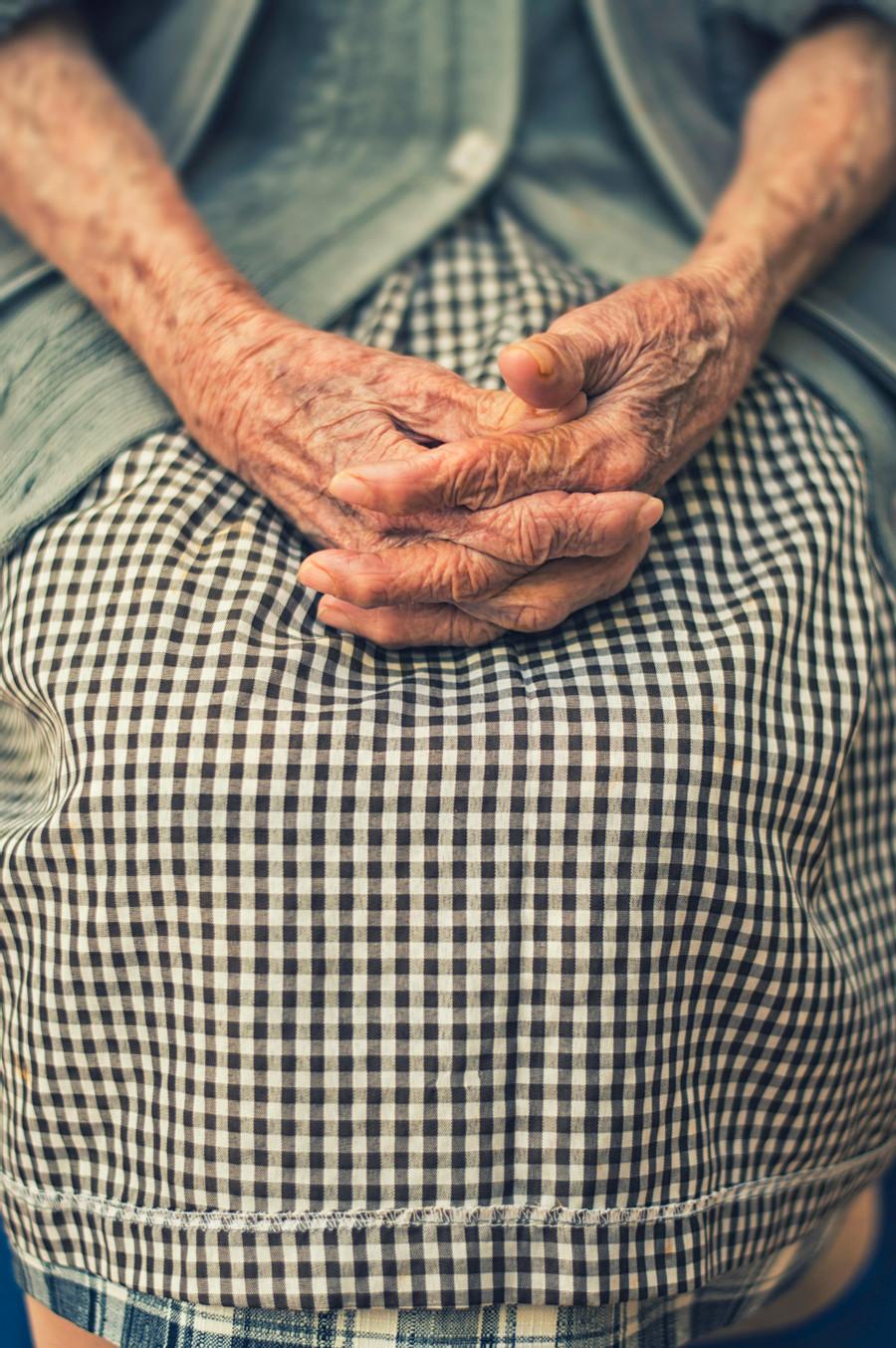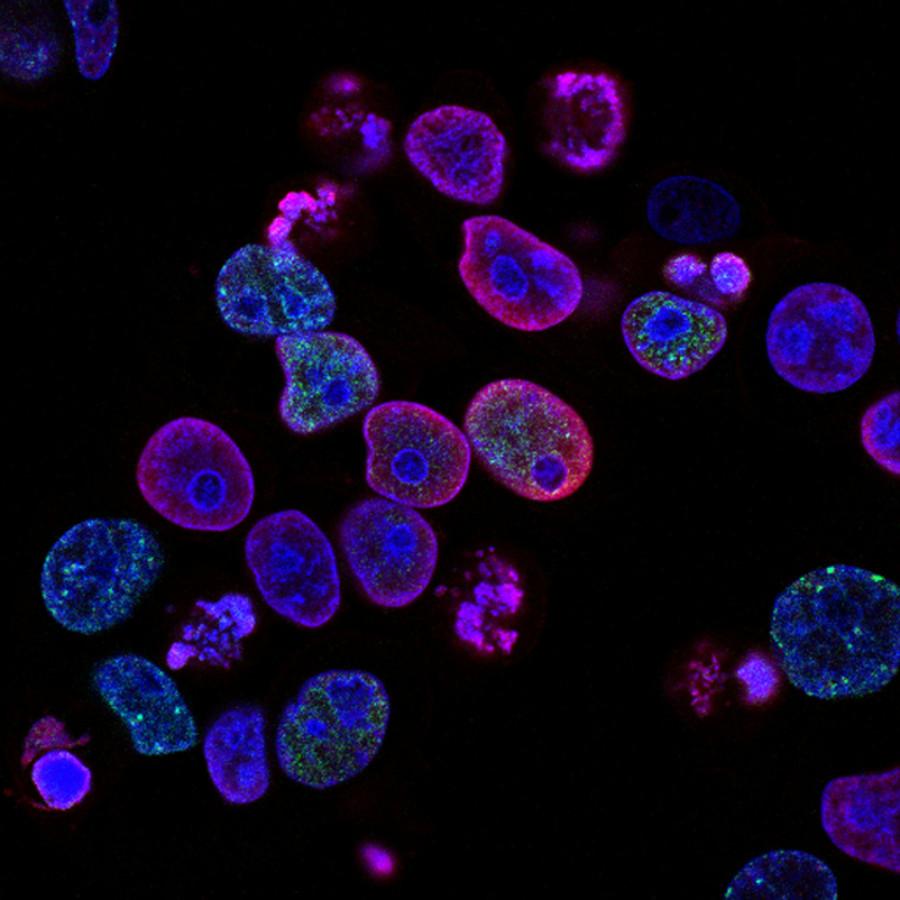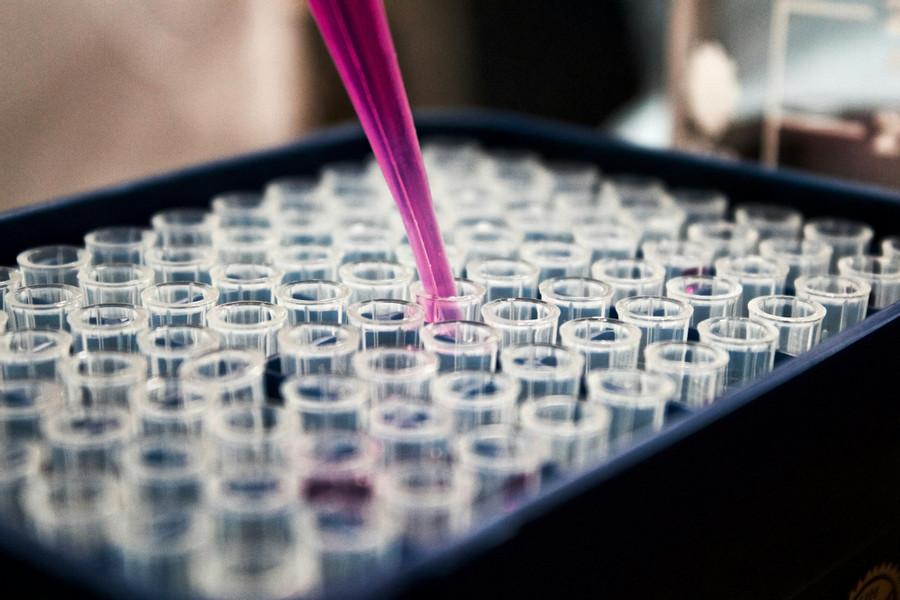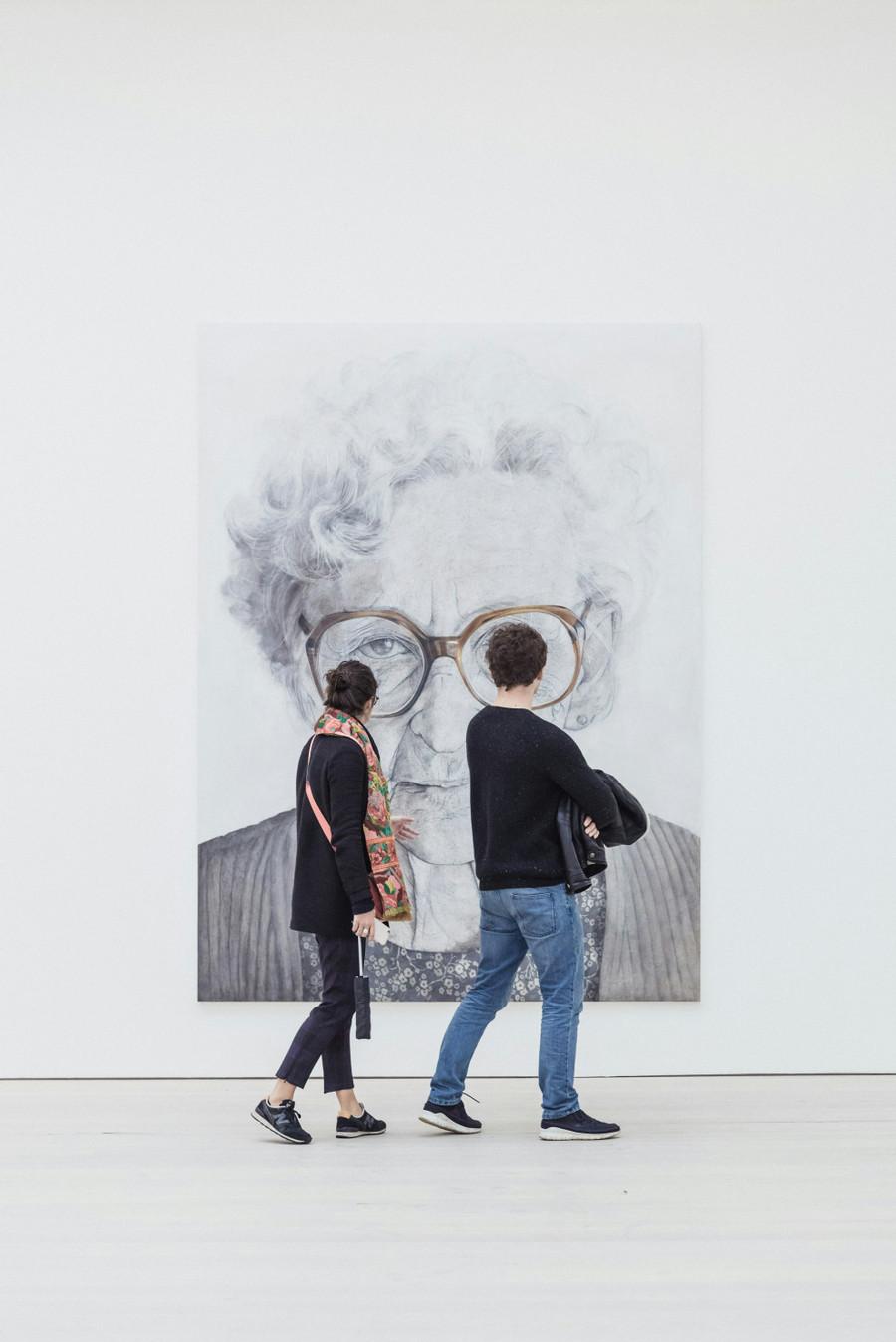Why Do We Age, and Can Anything Be Done to Stop or Slow it?
Curated from: healthline.com
Ideas, facts & insights covering these topics:
8 ideas
·9.31K reads
53
Explore the World's Best Ideas
Join today and uncover 100+ curated journeys from 50+ topics. Unlock access to our mobile app with extensive features.
Types of aging
Aging can be categorized into two types and due to two types of factors, intrinsic and extrinsic.
- Intrinsic aging is a genetically predetermined process that occurs naturally.
- Extrinsic aging is a result of outside factors chosen by you, such as where you live, your stress levels, and your lifestyle habits (like smoking).
120
1.92K reads
Programmed theories of aging
- Programmed aging theories say that our cells have a predetermined lifespan that’s encoded into our bodies. These include:
- Gene theory - suggests that specific genes turn “on” and “off” over time, causing aging.
- Endocrine theory - here, aging is caused by changes in hormones.
- Immunological theory - this is the idea that the immune response is designed to decline(autoimmunity), leading to disease and aging.
118
1.47K reads
Error theories of aging
- Wear and tear theory - cells break down and become damaged over time.
- Genome instability theory -aging happens because the body loses its ability to repair DNA damage.
- Cross-linkage theory - aging is due to the buildup of cross-linked proteins, which damages cells and slows biological functions.
- Rate-of-living theory - an organism’s rate of metabolism determines its lifespan.
- Free radical theory - aging is due to the buildup of oxidative stress, caused by free radicals.
- Mitochondrial theory - mitochondrial damage releases free radicals and causes aging.
125
1.15K reads
Genetic theories of aging
- Telomere theory - Telomeres protect the ends of your chromosomes as they multiply. Over time, telomeres shorten, which is associated with disease and aging.
- Programmed senescence theory - Cellular senescence occurs when cells stop dividing and growing, but don’t die.
- Stem cell theory - Stem cells can turn into other cells, which helps repair tissue and organs. But the function of stem cells declines over time, potentially contributing to aging.
- Longevity gene theory - This is the idea that certain genes extend lifespan.
115
929 reads
Evolutionary theory of aging
It says that an organism begins aging after they have reached their peak of reproduction and have passed down adaptive traits.
- Mutation accumulation - This theory presumes that random mutations accumulate later in life.
- Antagonistic pleiotropy - According to this theory, genes that promote fertility early in life have negative effects later on.
- Disposable soma theory - The theory claims that when more metabolic resources are directed toward reproduction, the less is put toward DNA repair. The result is cell damage and aging.
111
864 reads
The biochemical theory of aging
- Advanced glycation end products (AGEs) - AGEs develop when fats or protein are exposed to sugar. High levels may lead to oxidative stress, which speeds up aging.
- Heat shock response - Heat shock proteins protect cells from stress, but their response decreases as we age.
- Damage accumulation - Normal chemical reactions damage DNA, proteins, and metabolites over time.
110
829 reads
Women live longer than men
In most parts of the world, women live longer than men . This is due to several biological, social, and environmental factors.
- Estrogen is the female sex hormone, and has been found to have anti-inflammatory and immune-boosting effects, which may protect women from certain diseases.
- In contrast, the male sex hormone, testosterone may suppress the immune system.
115
1.08K reads
How to slow down aging
- Eat a nutritious diet - Focus on fruits, vegetables, whole grains, and lean protein. Limit processed foods .
- Stay active - Aim for 30 minutes a day, 5 days a week.
- Avoid tobacco - Tobacco speeds up aging.
- Drink alcohol in moderation - Alcohol increases your risk of chronic disease.
- Attend regular checkups
- Know your family history - To have appropriate screening or get early treatment for potential chronic diseases.
- Engage your brain - by doing brain exercises.
- Wear sunscreen - Sunscreen protects your skin from UV radiation, which can cause premature aging.
152
1.06K reads
IDEAS CURATED BY
A medical student who is interested in the comings and goings of the universe.
CURATOR'S NOTE
There are about 300+ theories of aging, some which have been broken down here. Along with them, certain lifestyle changes which could slow down the physiological effects of aging. is also given.
“
Joel M Saju's ideas are part of this journey:
Learn more about personaldevelopment with this collection
The importance of physical activity
The role of genetics in lifespan
How to maintain a healthy diet
Related collections
Similar ideas
Read & Learn
20x Faster
without
deepstash
with
deepstash
with
deepstash
Personalized microlearning
—
100+ Learning Journeys
—
Access to 200,000+ ideas
—
Access to the mobile app
—
Unlimited idea saving
—
—
Unlimited history
—
—
Unlimited listening to ideas
—
—
Downloading & offline access
—
—
Supercharge your mind with one idea per day
Enter your email and spend 1 minute every day to learn something new.
I agree to receive email updates








